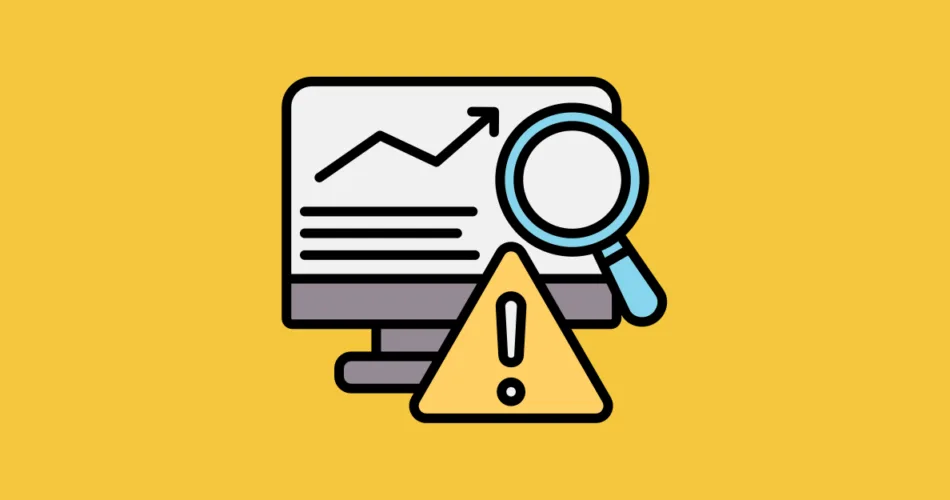Monitoring and logging are critical aspects of containers. They provide insights into container health, performance, and any potential issues. This guide explores essential container monitoring tools, Kubernetes monitoring with Prometheus, and best practices for logging.
Container Monitoring Tools
Why Monitor Containers?
Containers are dynamic, ephemeral, and can scale rapidly. To maintain their reliability and availability, you need robust monitoring tools. Some popular container monitoring solutions include:
- Prometheus: A widely used open-source monitoring and alerting toolkit designed for reliability and scalability.
- Google Stackdriver: Provides powerful monitoring, logging, and diagnostics capabilities for containers.
- Amazon CloudWatch: Offers monitoring and observability services for containerized workloads on AWS.
These tools help you collect and visualize container metrics, making it easier to detect performance issues, bottlenecks, or resource limitations.
Kubernetes Monitoring with Prometheus
Prometheus: An Ideal Choice for Kubernetes
Kubernetes is the leading container orchestration platform, and Prometheus seamlessly integrates with it. Prometheus uses a pull-based model to scrape metrics from containerized applications and Kubernetes itself. Key benefits include:
- Multi-dimensional data model: Allows flexible querying and aggregation of metrics.
- Powerful query language: PromQL makes it easy to gain insights from your metrics.
- Alerting: Set up alerts based on predefined rules to proactively detect issues.
apiVersion: monitoring.coreos.com/v1
kind: ServiceMonitor
metadata:
name: myapp-monitor
spec:
selector:
matchLabels:
app: myapp
endpoints:
- port: web
This Kubernetes ServiceMonitor definition instructs Prometheus to scrape metrics from services with the label “app: myapp.” It’s a simple example of integrating Prometheus with your Kubernetes-based microservices.
Logging Best Practices
Effective Logging Strategies
Logging is crucial for troubleshooting and debugging. Adopt these best practices to ensure effective container logging:
- Use structured logs: Employ JSON or key-value pairs for structured log entries, making them easier to search and analyze.
- Centralized logging: Send logs to a centralized location for aggregation, analysis, and long-term storage.
- Log rotation: Implement log rotation to prevent log files from consuming excessive disk space.
- Log levels: Utilize different log levels (e.g., INFO, WARN, ERROR) to categorize log entries by severity.
logger.info("User {} logged in.", username);
Structured logging allows you to include valuable context in log entries, enhancing their usefulness during troubleshooting.
Conclusion
Monitoring and logging are indispensable components of containerized applications. Choose the right monitoring tools for real-time insights and leverage Kubernetes-native solutions like Prometheus for seamless integration. By implementing logging best practices, you’ll be well-prepared to diagnose issues, maintain performance, and ensure the reliability of your containerized workloads.
Subscribe to our email newsletter to get the latest posts delivered right to your email.


Comments